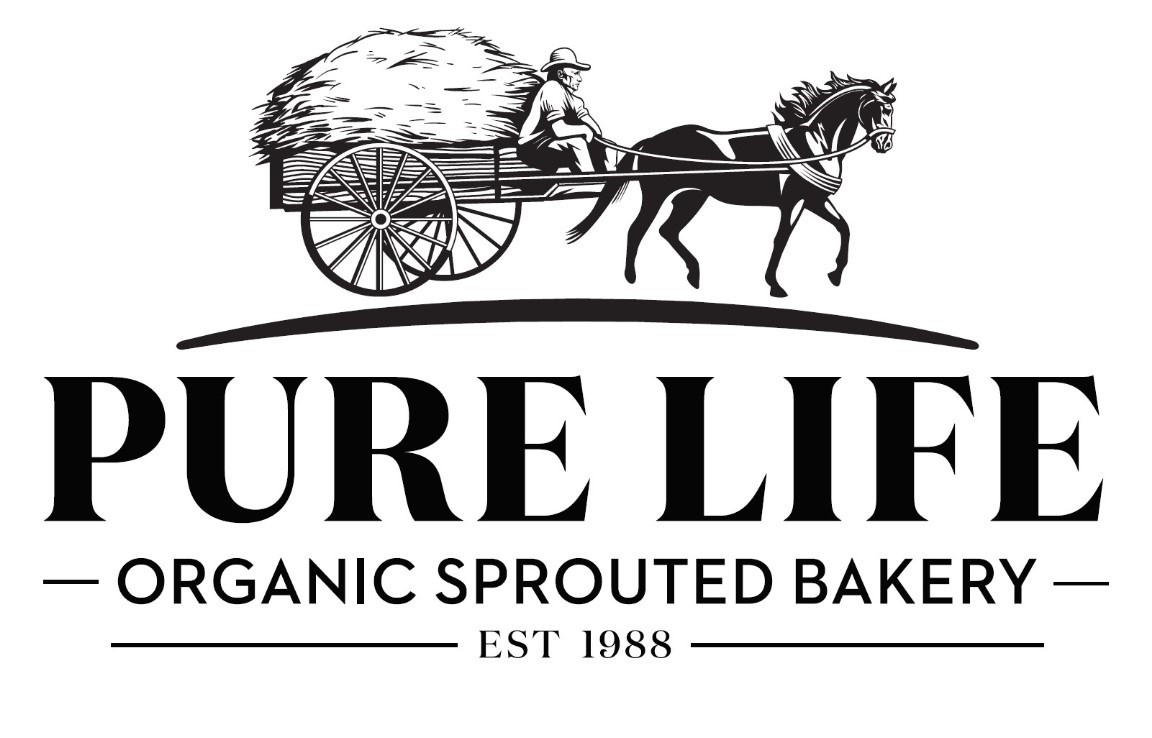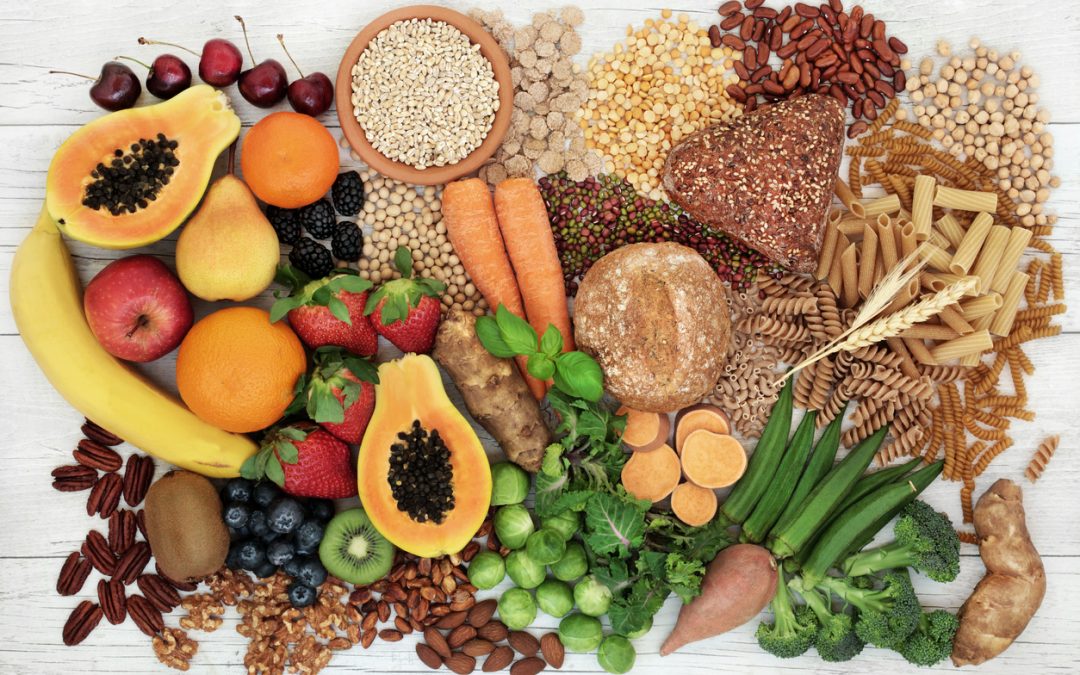Dietary fibre is an essential nutrient required for proper functioning of the gut. It is a type of carbohydrate which the body cannot digest. Unlike most carbohydrates which break down into sugar molecules through metabolism, fibre does not. It passes through the stomach and intestines relatively unchanged. It keeps us feeling full for longer, assists in maintaining a healthy weight and lowers the risk of diabetes, digestive problems and heart disease. In order to maintain a healthy digestive system, we need to be consuming it regularly. It is found in plant foods including cereal grains, seeds, nuts, fruits, vegetables, beans and legumes.
Types of dietary fibre
Plant foods may contain three types of fibre which when consumed play different roles in our bodies.
- Soluble fibre – this helps slow down digestion by attracting water and turning into a gel. It can help stablise blood glucose levels and lower cholesterol. It can be found in vegetables, fruits, oat bran and legumes.
- Insoluble fibre – this helps add bulk to the stool preventing constipation and helps pass food through the stomach and intestines more quickly. It can be found in whole grains, vegetables, nuts and seeds.
- Resistant starch – while technically not a fibre, it acts in a similar way. It resists digestion through the small intestine and proceeds to the large intestine where it assists in the production of good bacteria and can improve bowel health. It can be found in unprocessed cereals, potatoes and rice.
Benefits of dietary fibre
Dietary fibre plays an important role in helping maintain a healthy digestive system. It helps keep us regular and feel satisfied for longer. It also assists in stabilising blood sugar and cholesterol levels.
A diet high in fibre can:
- Prevent diverticulosis
- Help with weight loss
- Prevent constipation
- Promote digestion
- Prevent heart disease
- Prevent disease in digestive tract
Fibre sources
The Australian National Health and Medical Research Council recommends adults consume 25-30g of dietary fibre per day. To make sure you are getting enough, ensure you are eating a variety of plant-based foods. Avoid refined flours and switch to whole grain or wholemeal breads, flours and pastas. Eat plenty of whole grains including oats, quinoa, wheat, rye, buckwheat and brown rice. Add beans and legumes to your meals and make sure you are consuming plenty of fruits and vegetables.
Did you know sprouted breads are great sources of dietary fibre? Ask why? They are FULL of unprocessed whole grains and seeds and contain more fibre than conventional breads. The sprouting process actually increases the amount of available dietary fibre. In particular, our sprouted Rye bread is a very good source of dietary fibre. It contains 10.3g of dietary fibre per 100g. Two slices will provide you with 12.6g – that’s about half of your recommended daily needs!
References:
http://www.nutritionaustralia.org/national/resource/fibre
https://www.nrv.gov.au/nutrients/dietary-fibre
https://www.betterhealth.vic.gov.au/health/healthyliving/fibre-in-food

